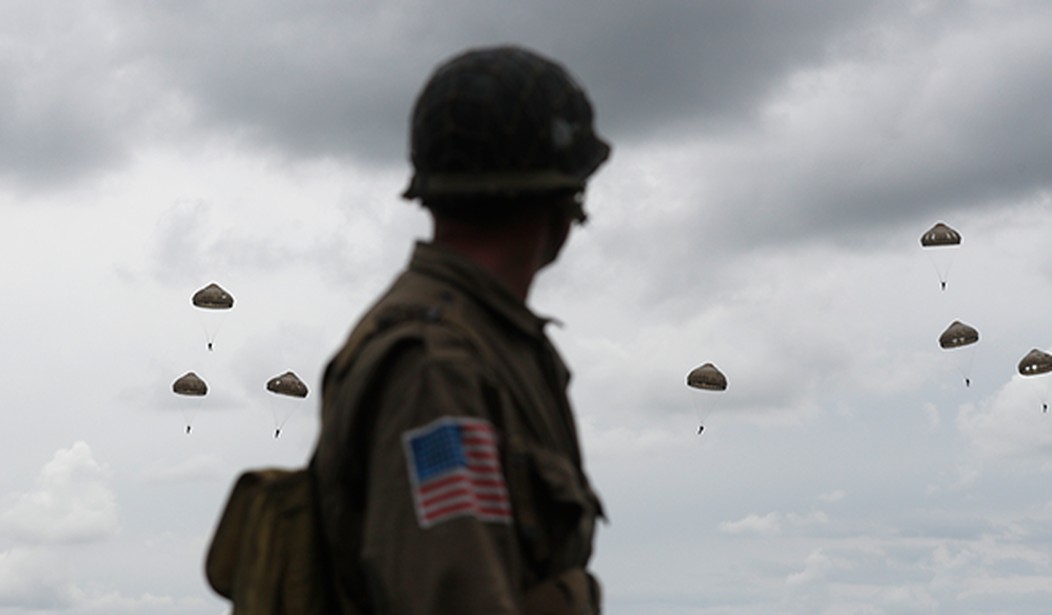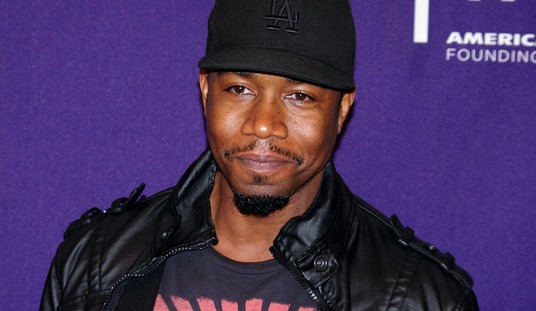When I was in fifth grade, my teacher was Sister Mary Concepción. In ancient times, there was one classroom, one teacher, and 35 hellions that the elderly sister had to handle.
With a combination of a ruler and a stare that could freeze Icarus, she taught us many things. She taught us how to read the right way, how to think critically, how to write to be understood, and how math infused our daily lives.
Sister Concepción was an Irish immigrant. She came to America at a time when the Irish were discriminated against. "No Irish need apply" signs were everywhere. One of her friends in the convent told me that her father delivered coal 14 hours a day so that she could go to school. After graduating high school, she entered the convent, was educated by the Sisters of Mercy, and became a teacher. She was approaching 80 years old in 1965 when she taught me.
She never said anything specifically about patriotism or American exceptionalism. I don't recall her ever even mentioning those terms. Her history classes were full of the rote lessons of the day; names, dates, and places. Nevertheless, she taught me more about what it meant to be an American than any other teacher who instructed me.
She wasn't propagandizing me. Like my parents, she instilled a love of America in me by allowing me to discover for myself what America means.
My dad, a paratrooper in World War II, never said a word about loving America. Instead, he subscribed to the Random Books series of "Landmark Books." These were children's books (written far more intelligently than "children's books" today), written by authors who could tell a story. They were illustrated by noted artists and featured titles such as "The Voyages of Christopher Columbus," "Lee and Grant at Appomattox," "The Monitor and the Merrimac," and "The Winter at Valley Forge." There were books about discovery, railroads, the journey west, and the story of D-Day.
This was the America I grew up with. Later, I filled in some of the blanks and discovered an America not so pristine and perfect. But the key was it was my own personal journey of learning. No one shoved it down my throat and forced me to alter my conception of what America truly is.
Former Reagan speechwriter Peggy Noonan wrote a piece for Memorial Day in the Wall Street Journal that asks parents to teach their young children about America.
We live in an age—I’ll say this part quickly as we all know it—in which children are instructed in 100 different ways through 100 different portals that America is and always was a dark and scheming place, that its history is the history of pushing people around, often in an amoral quest for wealth but also because we aren’t very nice. And we never meant it about the Declaration.
Ideology and idiocy imposed this view, shallowness too. It began some decades ago but has speeded up and became more extreme the past 10 years.
What does this atmosphere of unlove for America do to kids? To little ones 5 and 10 but also 15—what is its impact on them?
We don't have to guess. We know what this constant emphasis on America's sins does to a child's views of America. How can you love a country when the only things you know about it are evil?
And this is exactly right.
To kids in all circumstances, it denies a dream of a good thing you can make better. It undercuts the idea the people you came from were brave and hardy and did marvelous things. It robs you of a sense you’ve got this within you, and can go on and be a marvel too.
No nation or human is all good or all bad. In the case of America, the scale is definitely tilted toward the good. Not seeing that — not teaching that — is the biggest problem with educating children about America today.
For most of America's first 200 years, the entire world was a dark, brutal place where the strong dominated the weak, women were chattel, blacks were seen as subhuman, and most immigrants were seen as invaders.
This had nothing to do with America or its founding. It's how the entire world — people of every race, every religion, every society — saw the human race. To nitpick and find exceptions isn't relevant to the fundamental proposition that ordinary people were oppressed and kicked around. That is, until America was invented.
Until a declaration citing the freedoms humans were entitled to by divine right and a Constitution of rules that favored the people over the powerful were written, there was literally no hope for women, for blacks, or for the oppressed in Europe. There was no template, no guidebook before America was born for people to find and fight for freedom.
No, America is still not a place of sweetness and light. But neither is it the dark, oppressive hell that the rest of the world used to be. And the reason it isn't has nothing to do with Karl Marx and everything to do with George Washington
This Memorial Day, tell your kids the stories of America that will inspire them. And stories that will make them think. You'll be doing them and future generations a great service.










Join the conversation as a VIP Member